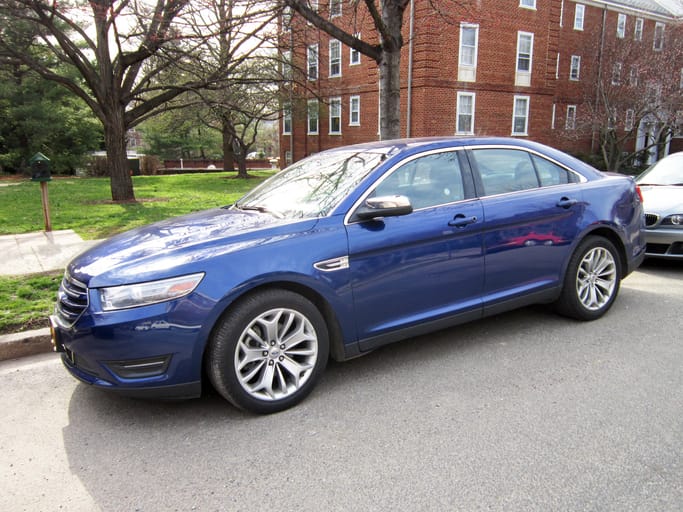From Milestone to Memory: The Rise and Fall of the Ford Taurus

The Ford Taurus, once a titan of the American automotive landscape, now sits comfortably nestled in the annals of automotive history. Its six-generation span, stretching from 1986 to 2019, witnessed a rollercoaster ride of success, reinvention, and ultimately, farewell. This isn't just the story of a car; it's a chronicle of shifting consumer preferences, changing market dynamics, and the inexorable march of time.
Born in the mid-80s, the Taurus arrived with a mission: to dethrone the General Motors reign in the lucrative mid-size sedan segment. Armed with aerodynamic curves, spacious interiors, and innovative features like anti-lock brakes, it did just that. He became a sales juggernaut, winning Car of the Year awards and capturing the hearts (and driveways) of American families.
The Taurus' success wasn't just about practicality. It embodied a zeitgeist – a symbol of American prosperity and burgeoning optimism. Its sleek lines and powerful engines evoked a sense of progress and dynamism. Owning a Taurus meant you were riding the wave of the American dream.
However, the winds of change soon began to blow. The rise of SUVs and crossover vehicles, offering a blend of utility and comfort, chipped away at the traditional sedan market. Simultaneously, foreign automakers upped their game, offering compelling alternatives with refined drivetrains and luxurious interiors. The Taurus, once the epitome of modern technology, started to feel dated.
Ford attempted to stay afloat through multiple redesigns and engine upgrades. The Taurus evolved from a boxy family hauler to a sportier, more upscale sedan. The high-performance SHO variant offered a taste of excitement, but it couldn't recapture the magic of the early days.
The true final blow came in the late 2000s, when the American car market plunged into recession. Consumers prioritized fuel efficiency and practicality, and the gas-guzzling Taurus struggled to compete. Ford made the difficult decision to discontinue the model in 2006, only to briefly revive it in 2010. Yet, the revived Taurus, catering primarily to the Middle Eastern market, couldn't replicate the domestic success of its forebears.
In 2019, the curtain finally fell on the Taurus saga. While its production ceased, its legacy lives on. It holds a special place in the hearts of those who saw it as their first car, their family vehicle, or simply a symbol of a bygone era. It may be gone, but its impact on the American automotive landscape is undeniable.
The story of the Ford Taurus is a reminder that even the most successful products have spans. It's a testament to the ever-evolving nature of the automotive industry and the fickle winds of consumer preference. But above all, it's a reminder of the emotional connection we forge with our cars, and the memories that last long after the engine fades to silence.
So, the next time you see a vintage Taurus cruising down the street, take a moment to appreciate its presence. It's not just a car; it's a piece of automotive history, a relic of a simpler time, and a reminder that even the most iconic journeys eventually come to an end.
